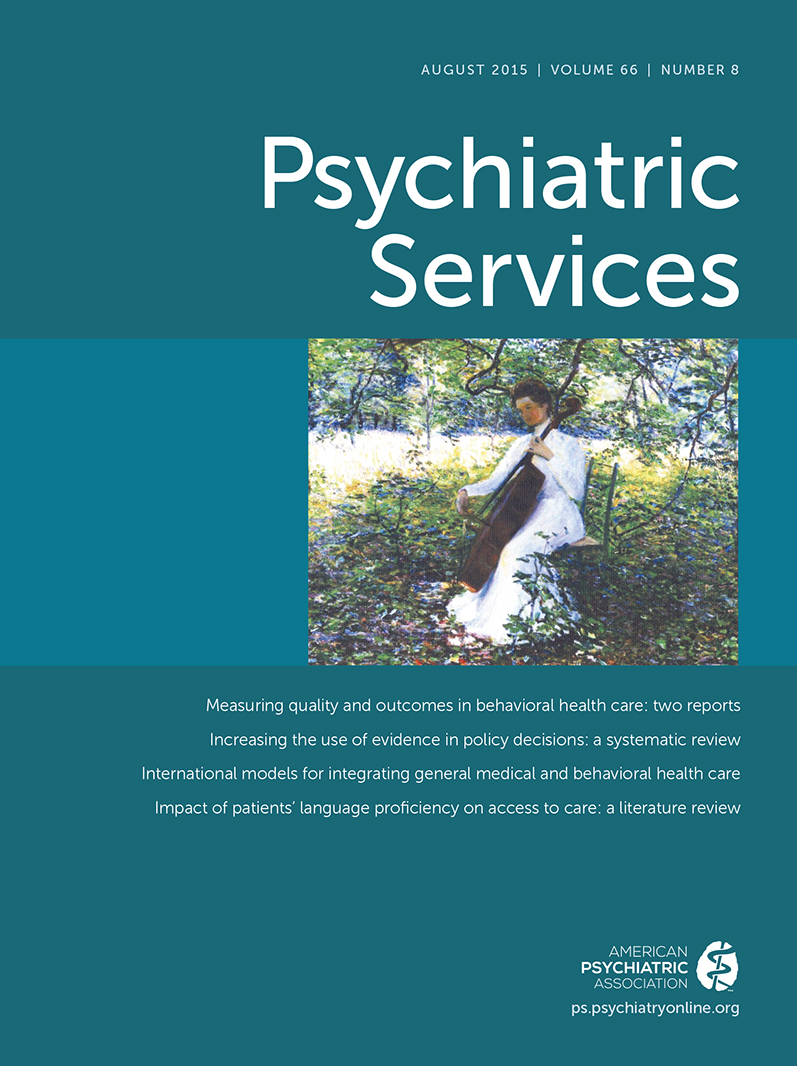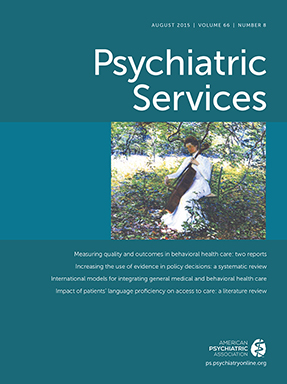More and more, I am hearing that people with mental health issues aspire to work in the professional sector, possibly as a manager, an executive, or a technician. Many are not interested in more mundane work, such as data entry. Yet, for various reasons, finding work as a professional is difficult for people with mental health problems, especially if they have recently been discharged from a psychiatric hospitalization.
Finding Work in Competitive Jobs: A Step-by-Step Approach
I earned a master’s degree from a top university and, like many graduates, had high hopes for my career. My first job upon recovery, however, was at a shopping center, and it was not what I envisioned for myself after many years of studies. But even though it was not my dream job, it helped me. It gave my days some structure, and I earned a living for myself. Instead of sleeping all day, I slowly built up my confidence and self-respect.
Later on, as I grew stronger, I was able to find work as a technical writer for a large multinational company, as a communications officer in a research organization, and as a part-time polytechnic lecturer. Despite my mental health issue, I was able to find work because I displayed the traits that employers seek. My prospective employers saw my willingness to learn, effective communication skills, inner drive, and—thanks to my bouncing back from a mental illness—resilience and resourcefulness as traits that would contribute to their organization.
Perhaps too much regard has been given to gaining employment as a professional, at least in the initial stages of recovery. Any job can be meaningful when one is recovering from mental illness. In fact, getting a job may be the best way of recovering. By reintegrating into society, such as through getting a job, the individual not only finds new purpose but also contributes to society.
In the recovery process, though, getting into a new routine and meeting the demands of full-time employment can be challenging. So, it may be prudent to proceed slowly and gradually with your job search to find work that is sufficiently engaging and competitively compensated.
To Tell or Not to Tell?
Even though recently there has been greater discussion and increased positive portrayal of mental illness in Singapore, most people with mental health issues still do not dare to “come out.” If they do bring their situation into the open, future prospects, including those concerning employment, may be challenging. For many jobs in Singapore, applicants must describe their medical history on the application form, and therefore any history of mental illness must be disclosed to the prospective employer.
I did not want to keep my mental health problem a secret, even though I was encouraged to do so by allied health professionals and even antistigma advocates. As I honestly filled in each job application form with reference to schizophrenia, I often received no interview or reply, or at best I received a flurry of questions about my dosage of medication and what having a psychotic episode was like. But the application process rarely led to a job offer.
Although I was very disappointed by the response I received from my prospective employers, I did not want to lie on the applications. I resolved the dilemma of wanting to be honest and not disclosing my illness by applying to private-sector companies, whose forms did not always require disclosure of mental health status. This strategy met with some success. Later on, as I became increasingly open to telling people about my mental health condition, I saw that I could use my experience with the illness to showcase my strengths to potential employers.
I am sharing my experience of disclosure in the workplace so that I may encourage people with mental health issues to be open about their conditions to their respective employers, potential or current. I am not saying that it is easy. Stigma in the workplace is still a problem that can negatively affect how people with mental health problems are treated. It may be difficult to find any work, let alone satisfying and meaningful work.
But it is not impossible to find work as a professional, even if you disclose your mental health condition. Be patient. There are enlightened employers out there who are willing to give opportunities and chances to people with mental health issues. And society will change over time, so that finding employment will get easier. If we are not open to talking about mental health now, we will be making it even harder for ourselves and others in the future. The change begins with us.
At the same time, I also recognize that disclosure of one’s mental health status and history is a personal decision, and an individual who would like to keep it a private matter should have the freedom to do so. It is not right that most job application forms in Singapore demand to know the mental health and medical history of all applicants, who are legally obligated to disclose it to their prospective employers.
This is what I call the disclosure dilemma—that one either tells or does not tell one’s prospective employer about one’s mental health status or history. But if one chooses to disclose, then it may lead to discrimination and no job interview. Choosing not to disclose leaves one vulnerable to the charge of lying in a legal context and with the burden of keeping one’s mental health condition a secret.
I would therefore urge Singapore policy makers and employers to consider removing the requirement for job applicants to declare their mental health status and history. The Singapore Government is the largest employer in Singapore, and its adoption of such a change would set a strong example for other employers to follow. Removal of the requirement would safeguard fair employment practices and avoid possible discrimination against persons with mental health issues in the workplace.
Promoting Dignity and Respect of Persons With Mental Health Issues for the Future
Finally, a hospital stay for mental health problems often is accompanied by job loss, which leads me to ask: Can we create a society where people do not have to start afresh and find new work each time we are discharged?
This happened to me. My research scholarship was terminated when I was hospitalized, and I was discouraged from resuming my studies even after I had recovered. Because there was no understanding and supportive environment in place to accommodate a return to study by persons with mental health problems, I was unable to further my education—something that I had greatly desired.
Perhaps if there were more awareness among employers and educational institutions that mental illness is indeed treatable and that there are ways to support people with mental health problems, more of us would be able to fulfill our true potential and add value to the organizations in which we work or study.
It was not easy for me, finding my current place in mental health services. I work full-time as an administrator in mental health service planning and development in the social services, I continue my efforts in mental health outreach and advocacy, I write articles related to mental health, and I try to help peers and their caregivers when I am able to do so.
I chose to work in the mental health sector after more than four years of working outside it in “normal jobs.” Although I was able to complete my tasks in fields outside of the mental health sector, the possible contribution that I could make in the mental health sector urged me to decide to make a career in mental health services planning, outreach, and advocacy.
To my mind, providing peer support and insights from lived experience to inform service planning and policy making are significant and real contributions that all persons with mental health issues can make to the mental health sector, if given the opportunity. Employment of persons with mental health issues instills hope and the courage to continue. Hope is needed to overcome challenges, such as reinventing a life after diagnosis, dealing with broken dreams, and facing discrimination. As such, I would encourage all mental health service providers to employ persons in recovery who would like to provide peer support or to make other contributions through their talents and experience.
I am grateful to my current employer for believing in my potential to achieve and contribute meaningfully to the team and to the organization, and for allowing me to help myself. I now am able to sustain myself financially, in addition to contributing to my family’s expenses.
Because I have recovered to a great extent, I have corresponding high hopes for my possible future achievements. As such, I hope that my employer will also believe that persons with mental health issues are competent and capable, and able to lead and be placed in positions of responsibility and authority. My wish is that I, for one, can prove that I can take on more responsibility and perhaps, one day, also lead and influence others, without people judging me as less able because I have a mental health condition.

